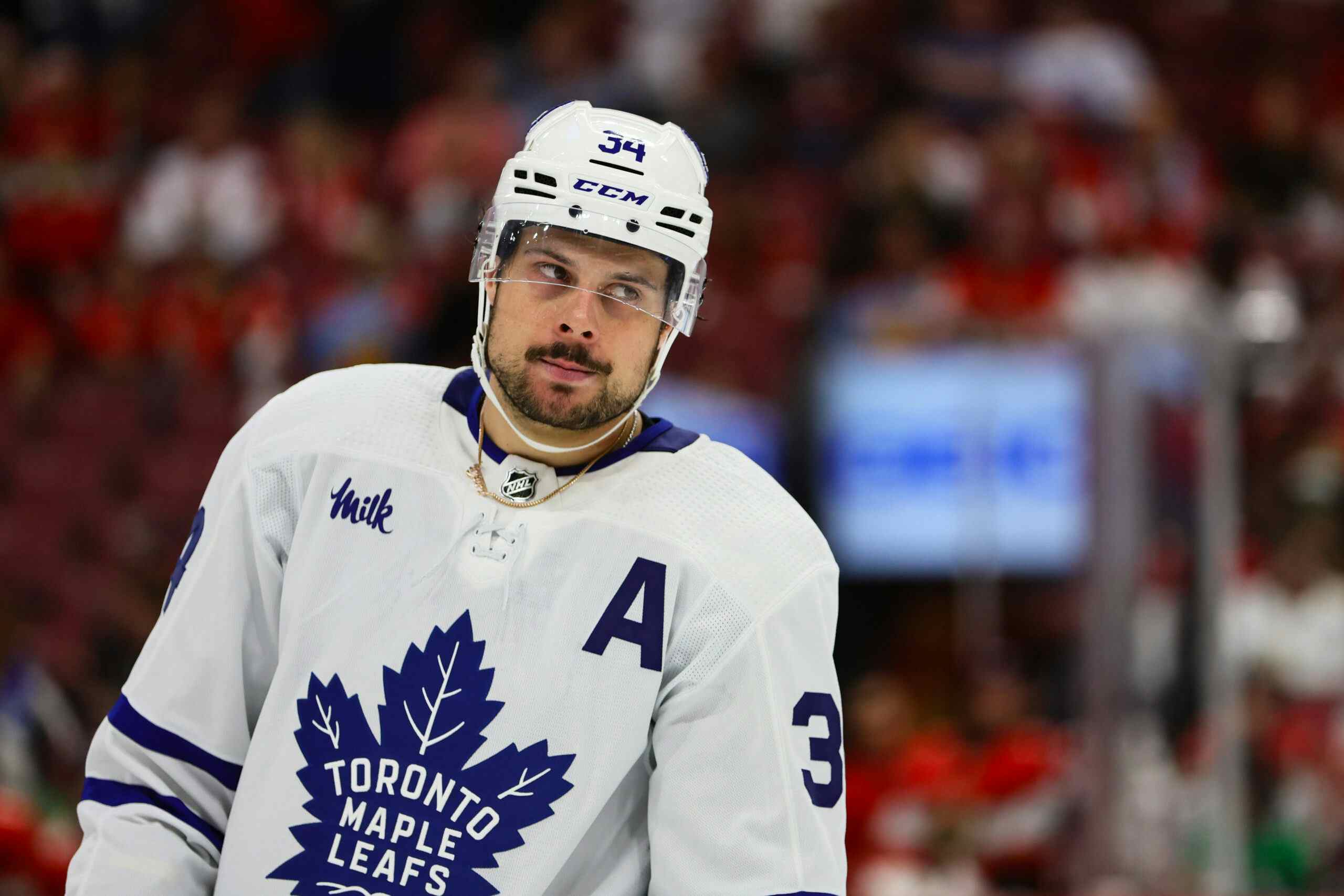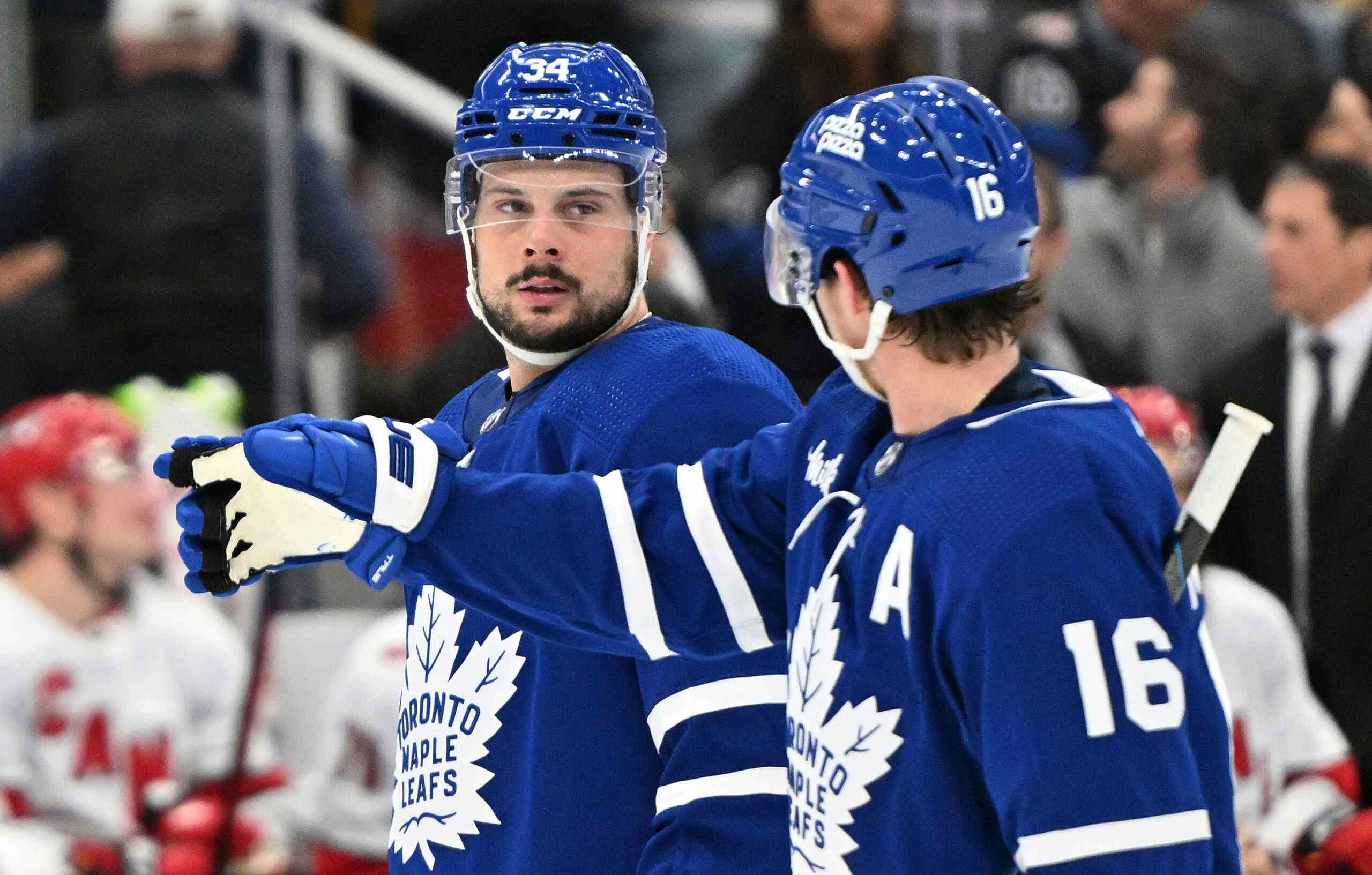Mike Babcock is a coaching contradiction, but that isn’t a bad thing
By Ryan Fancey
7 years agoIt’s probably impossible to firmly declare who the “best coach in all of hockey” is, but I think you can make a strong argument for Mike Babcock.
To say he’s clearly ahead of guys like Quenneville and Trotz, for example, is disrespectful to those guys, and essentially indemonstrable when they’re all so close. Regardless, even Babcock’s biggest critic wouldn’t have him outside the top five. He’s great, and we can all agree on that.
But he isn’t all-knowing, even within the confines of the game. None of us are. I think he’s a coach who’s constantly trying to figure it out, which is maybe his most valuable feature. And now I believe he’s at a bit of a crossroads, of which there will likely be many in the next seven years.
One thing that seems more and more puzzling to me about hockey as I keep watching is the constant overthinking of the game within an outdated framework. It’s rooted in an older view of how players fit very specific roles in the NHL. For the same reasons why many folks have reservations about buying completely into “analytics” in hockey – because the game is free-flowing, chaotic, full of lucky (or unlucky) bounces – I’d argue there’s too much effort being put into making it a situational game. It seems as though coaches and analysts want to believe decisions need to be based around having specialists for a variety of scenarios, sort of like football.
Instead of driving the game forward, this has actually bogged it down.
Hockey isn’t like football, and doesn’t present a lot of specific situations that need different approaches from players adept at one facet of the game. We just want to believe it does.
There are some simple truths about hockey: Driving play toward the opposing net and keeping the puck away from your own is how you win games. Getting the players that can do that the best on to the ice as much as you can is how you win games. Just having better skilled players (and more of them) than the other team is how you win games.
But then there’s still a lot of hockey people out there who believe when you’re defending a lead, it’s better to hunker down in your own zone and take shots off the shin pads over and over while praying for that final horn to sound. That’s how you get Babcock sending two veterans like Roman Polak and Matt Hunwick to get their teeth kicked in against the Blackhawks last Saturday while the Leafs tried (and failed) to hold on for dear life. Coincidentally, it’s also how a 4-1 lead gets erased in a seventh game in the 2013 playoffs. Managers and coaches continue to put a premium on guys who can win two more faceoffs than average over a sample of one-hundred, which has shown to be essentially meaningless. They still dress fighters.
Mike Babcock seems to know all of the former and still practices some of the latter, which is a bit perplexing to someone who follows this team closely.
He seems to be bogged down in some traditional thinking, but then does stuff like this, which pushes the game forward:
There’s nothing too radical about those plays on their own. Covering for a pinching defenceman is something you should learn by about Pee-Wee level minor hockey. But turning this into a system of play with NHL players is something else. Taking that risk over and over and over instead of just when it seems safe for a pinch is not a common approach. Toronto is actually pushing a new way of playing hockey, in a sense.
As Han notes in the video, it’s a step toward “total hockey” or, put another way, the start of tossing labeled positions out the window (which will eventually happen). The Leafs are looking to see if the trade-off in taking those risks consistently ends up translating to more goals for than against, and that’s bold in a relatively stagnant hockey world. This is a development season for the organization, and the coaching staff is using it to try things and see how this new core will play for the next 5-10 years. They want to see what the young guys are capable of, and also what hockey itself is capable of.
But then again, we don’t want to hand these coaches some kind of god status, because this is a staff that has also continued to insist on feeding minutes to vets like Hunwick or Polak and sitting a more skilled and better play-driving player in Frank Corrado, which would seem to hinder this style they want to play. Gardiner’s minutes have also been cut this season, and this approach should be his calling.
It seems like the team almost wants to be everything to everyone. Tough guys like Martin, stay-at-home “gritty” defencemen like Hunwick and Polak are mixed in with a team that wants to fly and be ultra-aggressive. It’s as though they want to try things to see if they work, but want to make sure the old ways don’t work before making too big of a leap.
Maybe the Leafs can’t decide what they want to do, or perhaps their approach is to have sort of a full toolbox of options on the roster. Whatever their thinking is, as outsiders it gives us lots to think about. But I guess we’ll keep learning as we go, just as Babcock will.
Recent articles from Ryan Fancey





